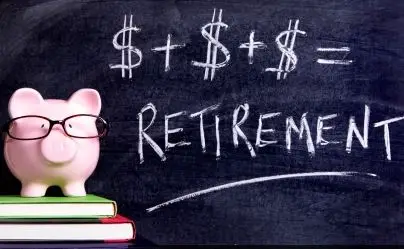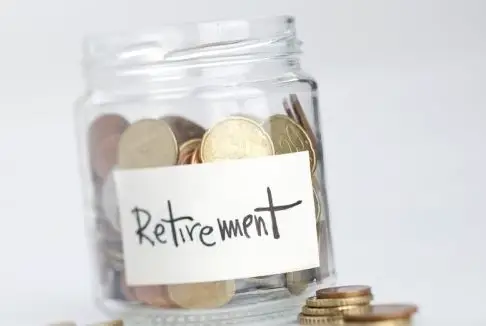Many people think retiring early is just a pipe dream, but if you know what advice to take, it’s not. An increasing number of Americans take early retirement. About half retire early, between 61 and 65, five to six years before the Social Security Administration’s definition of full retirement age, and 18% of Americans retire even earlier, according to New Retirement. Wouldn’t it be fantastic to be a part of that 18%? Think about implementing these money habits that can help you retire early.
Start Your Retirement Investments Early

It is best to contribute to your retirement account as soon as possible. Ideally, it would be best if you began making significant investments in your 20s, giving your money years to profit from compound interest. For instance, a 25-year-old who invests $5,000 today will have 40 years of growth potential when they retire at age 65.
This is significantly more effective than a $5,000 investment made by a 60-year-old. Start investing as early as possible to gain potentially more significant profits later.
Get Rid of Debt
Eliminating your debt is one of the most critical measures in preparing for early retirement. Debt weakens your income, which is one of your most effective resources for accumulating wealth, according to New Retirement. Your ability to save and invest for retirement is decreased when you have debt. Every dollar you pay in interest is one less dollar that could go toward your retirement fund.
How, then, do you pay off this debt? Making a list of every debt you currently have and sorting it from highest interest rate to lowest could be your first step. Make it a point to pay off your obligations to decrease highest-interest rates first. You will be able to direct this money into your savings when your list of debts to pay off starts to get shorter.
Reduce your expenses
You can gain by spending less in many ways. It frees up cash for debt repayment and teaches you to live more simply, encouraging you to save even more money for retirement. Stop paying for the little luxuries you can live without, like that $4 Starbucks latte every morning, as the first step in reducing spending. You can also consider downsizing your home. You may not be able to do it this second, but once you decide to retire or when your kids move out. Downsizing can significantly reduce your spending, so include this in your plan. You should also seek ways to lower higher-priced expenses, such as reducing utility bills by taking shorter showers, terminating unused subscriptions, or even cutting the television.
Rethink Your Retirement Plan
Early retirement isn’t about never working again, despite what many people think. It involves the freedom and flexibility to do whatever you want, whenever you want. Even if spending the next 30 years lying on a beach may sound wonderful today, you’ll probably become tired of the same routine and wish you were still working. Consider taking on a part-time position in a lucrative industry that appeals to you, like coaching, mentoring, or even starting your own small business.
Have an Emergency Fund
The consensus among financial experts is that it’s wise to set aside three to six months’ worth of living expenses as an emergency fund; this is particularly important for people who intend to retire early. The longer you live in retirement, the more probable it is that you’ll use this financial safety net.
You might also like:
- How to Retire in 7 Years
- Make Your Mortgage More Affordable After Retirement
- 8 Secrets To Moving Overseas For Retirement
- Creative Ways to Make Money In Retirement
- Downsizing Mistakes People Make in Retirement
- Tips in Buying a Home for Retirement
- Savvy Ways to Save For Retirement
- Preparing for Retirement
- Getting the most from Your Retirement Plan
- Financial Tips for Surviving Your Retirement


